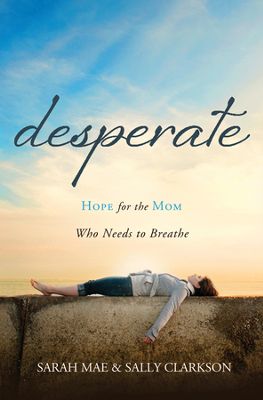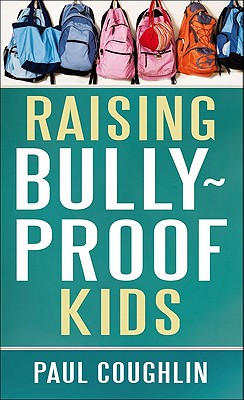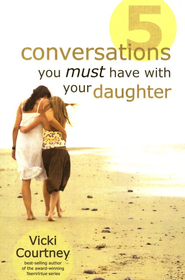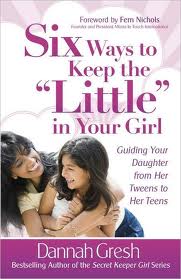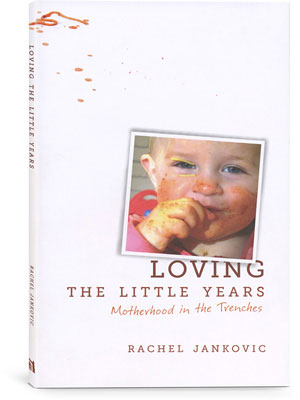A New Favorite
/As soon as I began reading, I knew it was going to be a new favorite. My friend Lucinda Secrest McDowell (known to me as Cindy) had asked me to read her new book in manuscript form and possibly endorse it. Knowing Cindy and her writing, I knew I would like the book. I just didn’t know I would love it — and eagerly read it again as soon as it was published. And now, a third time . . .
Live These Words: An Active Response to God captivated me, first, because I love words. And the words in this book are powerful because they are not only Cindy’s words, but words from God and from a wide range of great “fathers and mothers of the faith,” both ancient and contemporary. Each of the 40 short chapters focuses on one action word (come/trust/wait/hope/pour) and is based on one verse of Scripture. A great start.
But each chapter also includes wonderful quotes—wise and penetrating words from folks as diverse as Pooh and Piglet to St. Anselm and Teresa of Avila to Frederick Buechner and Richard Foster and Ann Voskamp. And each chapter ends with a prayer, again from a wide variety of sources. The prayers alone are worth the price of the book.
Cindy’s own words are also very real. She shares from her own life with a transparency that welcomes us to walk alongside. And her words are full of grace:
“I spent half a lifetime trying to do enough for God. Enough that He would love me, accept me, and find me worthy to share in His Kingdom work. But I could never quite get it right. . . . Many years ago, God took me through a ‘grace tutorial’—teaching me how to accept grace as His free gift, one that I can never earn and never lose.”
She shares that gift with her readers.
This is a book for both contemplatives (or would-be contemplatives—who of us really get there?) and activists. Frederick Buechner observed: “The magic of words is that they have power to do more than convey meaning; not only do they have the power to make things clear, they make things happen.” (This is the first quote in the book—and one of my favorites. How can you not love a book that begins with a Buechner quote?) Live These Words helps make things happen. Each chapter motivates us to action by including some practical suggestions and exercises for giving feet to our words—and more importantly, His Words.
So this is a book for both Marys and Marthas. And a good book for moms and leaders of moms with limited time. Each chapter is short and self-contained. Great devotional reading—or a perfect book to stash in your bag and pull out while waiting for car pool kids to finish a practice or at a doctor’s office.
Live these Words: a new favorite, a new challenge. Thank you, Cindy!


